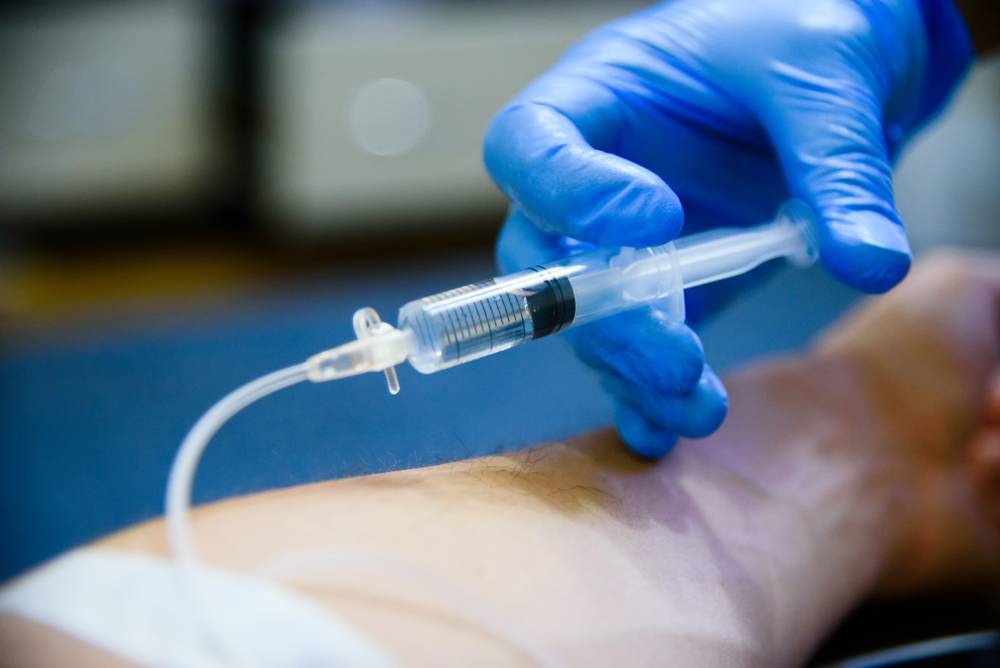Typically, Ethylenediaminetetraacetic is used as a food additive, it was a fatal dose for one woman, following a beauty treatment.
On October 11, 2022, a doctor at an Aesthetics Centre in Singapore, received one charge of death by a negligent act not amounting to culpable homicide of his patient, Ms Lau Li Ting. In January 2019, Ms Lau visited Revival Medical Aesthetics Centre for a routine cosmetic treatment, which instead resulted in her death. The doctor was accused of intravenously administering Ms Lau Ethylenediaminetetraacetic Acid (EDTA) which led to EDTA toxicity in Ms Lau, eventually leading to her death.
What Is EDTA?
EDTA and its derivatives can be found in cosmetic formulas, pharmaceutical products, and food, amongst other things, and can be used to reduce the levels of blood cholesterol and heavy metal poisoning. EDTA typically chelates various metals such as iron, mercury, copper, and lead to name a few. Chelating or binding to these metals ensures that these metals are not able to enact any effects on the body and that they are removed instead.
Historically, EDTA has been used in cosmetic products as a chelating agent1. Chelating agents are used to inactivate metallic ions that may be present in cosmetic products to prevent any potential effects the metallic ions might have on the stability or appearance of that cosmetic products. EDTA increases the preservative activity of products and improves their stability, it is a water-soluble substance that is able to sequester metal ions in an attempt to decrease their availability in products.
This prescription medication can be administered intravenously (through a vein) to treat some of the following conditions:
- Lead poisoning
- Lowering high calcium levels
- Various conditions related to the heart such as blood vessels irregularities causing irregular heartbeats, atherosclerosis, angina, high cholesterol
- Arthritic conditions such as rheumatoid arthritis or osteoarthritis
- Diabetes
- Skin conditions such as psoriasis
EDTA is also added to certain foods that we consume to ensure they retain their flavour and colour, and this includes4:
- Canned fruits and vegetables
- Salad dressings
- Condiments
- Some sweeteners
Is EDTA Dangerous?
As EDTA is a chemical not synthesised by the body, it is no surprise that the body is not able to metabolise EDTA either, instead, it is excreted through the urine. Some side effects of EDTA that have been observed in patients are:
- Insulin shock
- Blood clots
- Low blood pressure
- Nausea or vomiting
- Diarrhoea
- Chills, fever, and headaches
- Irregular heartbeats
- Excessive amounts of EDTA can lead to dangerously low calcium levels and in some instances death
It is also important to note that prior to being administered EDTA the doctor should be made aware of any underlying medical conditions that exist. Additionally, it is crucial that patients share with their doctor any medication or supplements they are taking, to ensure EDTA does not have the ability to interact with them in a manner that might cause secondary problems.

